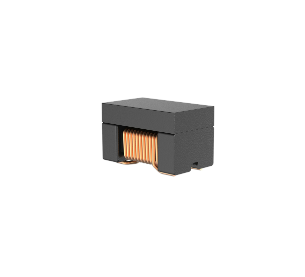In the ever-evolving world of electronics, the chip LAN transformer has emerged as a pivotal component, particularly in embedded systems. Mentech, a leader in innovative technology solutions, specializes in developing high-quality transformers that cater to modern electrical demands. This article explores the significance of the chip lan transformer, its benefits, and how Mentech is setting the standard in this field.
What is a Chip Lan Transformer?
A chip lan transformer is a compact device designed to transfer electric power efficiently from one circuit to another. It not only facilitates the transfer but also has the capability to increase or reduce voltage during the transformation process. This feature is crucial for various applications, particularly in embedded systems where space and power efficiency are paramount. Mentech’s chip lan transformer exemplifies this technology, offering a smaller footprint and lower power consumption compared to traditional transformers.
Advantages of Mentech’s Chip Lan Transformers
Mentech’s chip lan transformers are specifically engineered for efficiency. Their reduced size allows for seamless integration into compact electronic devices, making them ideal for applications in telecommunications, automotive systems, and consumer electronics. The low power consumption of these transformers ensures that devices operate efficiently, prolonging battery life and reducing energy costs. Furthermore, Mentech’s commitment to quality guarantees that their chip lan transformers maintain high performance and reliability, even in demanding environments.
Conclusion
In summary, the chip lan transformer is an essential component in modern electronic systems, offering significant advantages in size and power efficiency. Mentech stands out as a trusted provider of these innovative transformers, ensuring that technological advancements continue to enhance performance and sustainability. As the demand for compact and efficient electronic solutions grows, Mentech’s chip lan transformers will undoubtedly play a critical role in shaping the future of embedded systems.
